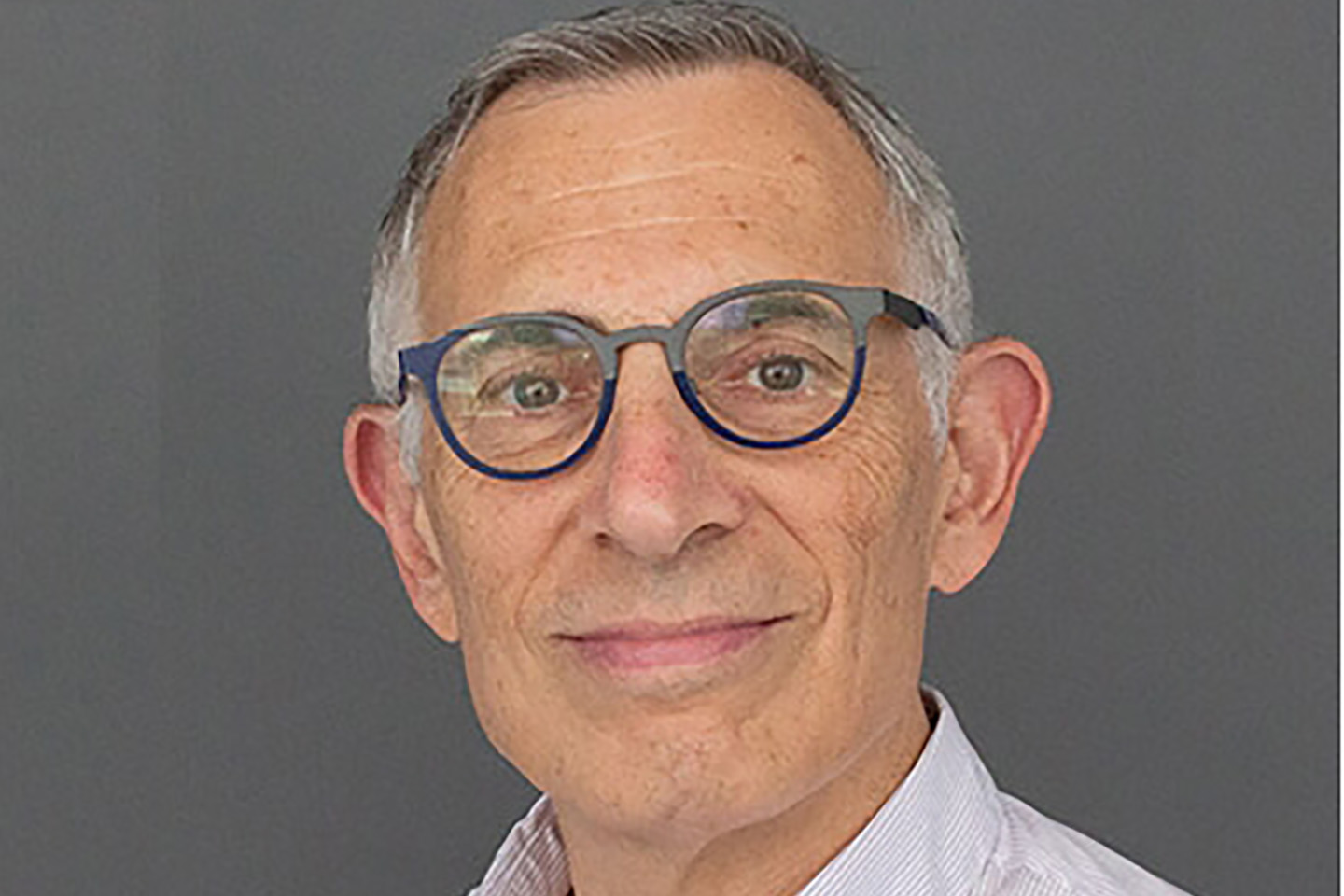
Within three years of a fortuitous archaeological discovery in central France in 1924, the site, known as Glozel, had sparked controversy and headlines around the world. Archaeologists passionately debated the authenticity of the finds; high-end tourists from the nearby spa town of Vichy flocked to a tiny site museum nearby; scholars from a range of fields, from forensics to paleontology to classics, grappled with the potential significance of the site. Beyond questions of authenticity, which mainstream archaeology has largely dismissed, the Glozel affair claims our attention for the ways in which it epitomizes a duality at the heart of archaeology, which aspires to the status of a science but also thrives on the widespread public interest it has always attracted. Glozel offered archaeologists an opportunity to make a case for the scientificity of their work and to debate their methods on a very public stage, while journalists reporting on it experimented with a variety of approaches, from investigative reporting to editorial cartooning to full-scale satire. At the same time, discussions of Glozel also entertained questions about the course of civilization, the nature of scientific learning, and the relationship between scientific disciplines and public discourse. My talk will examine the controversy with a special focus on questions of truth-telling and visuality in the scientific archive.
Daniel Sherman is Lineberger Distinguished Professor of Art History and History at the University of North Carolina, Chapel Hill. He is the author of several books, including The Construction of Memory in Interwar France (1999), winner of, among other awards, the American Historical Association’s J. Russell Major Prize for 2000, and French Primitivism and the Ends of Empire, 1945-1975 (2011); winner of the David H. Pinkney Prize from the Society for French Historical Studies and the Alf Heggoy Book Prize of the French Colonial Historical Society. The book is just out in French translation. This talk comes from a a book in progress that explores the connections between archaeology, empire, and the media in France and North Africa in the first half of the twentieth century.
